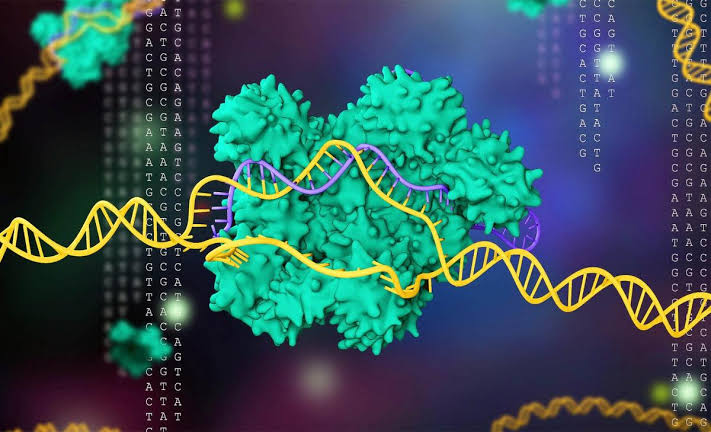
Dr. Ibrahim Wada, a renowned medical expert, has stated that advancements in modern medicine and genetic engineering could extend human lifespan to 250 years within the next 40 years.
Speaking at the Second Nimi Dimkpa Briggs Legacy Lecture Series at the University of Port Harcourt (UNIPORT), Wada explored the possibilities of increasing human longevity through breakthroughs in genetic science, stem cell research, and artificial organ development.
The Future of Longevity
Delivering a lecture titled “The Longevity of Man,” Wada noted that scientists have made remarkable progress in genetic modifications, including the creation of artificial eggs and sperm from human saliva. According to him, this technology has already been successfully tested on rats and could soon be applied to humans.
“Recreating stem cells from a person’s genes and reintroducing them into the body can regenerate dead cells and significantly extend lifespan,” he explained.
Wada, who is an Associate Professor of Obstetrics and Gynaecology at Abubakar Tafawa Balewa University, Bauchi, emphasized that science has now reached a stage where human genetic codes can be understood and manipulated to enhance longevity.
“In another 30 to 40 years, it will be normal for individuals to expect to live for 200 or even 250 years. This will happen because humanity has now entered the age of computer reprogramming,” he added.
Challenges and Ethical Concerns
Despite these advancements, Wada lamented that such cutting-edge medical technologies are not yet available in Nigeria.
He also stressed the importance of regular medical check-ups, healthy eating, exercise, and proper rest in maintaining a longer, healthier life.
“Rest is essential for brain function. So, when it is time to rest, you must allow the brain to rest—no compromise,” he advised.
Honoring a Medical Icon
The event also honored the late Prof. Nimi Briggs, with UNIPORT Vice-Chancellor Prof. Owunari Georgewill describing him as a visionary leader, philanthropist, and academic giant.
“It is not the breath we take, but the fire we ignite,” Georgewill remarked, questioning whether longevity should be measured by mere biological persistence or the impact one makes in life.
Prof. Ngozi Orazulike, Chair of the Nimi Briggs Professorial Chair in Obstetrics and Gynaecology, highlighted Briggs’ contributions as a doctor, teacher, researcher, mentor, and philanthropist.
In response, Nima Briggs, son of the late icon, expressed gratitude for the ongoing recognition of his father’s legacy.
“It is humbling to see my father’s legacy live on,” he concluded.








